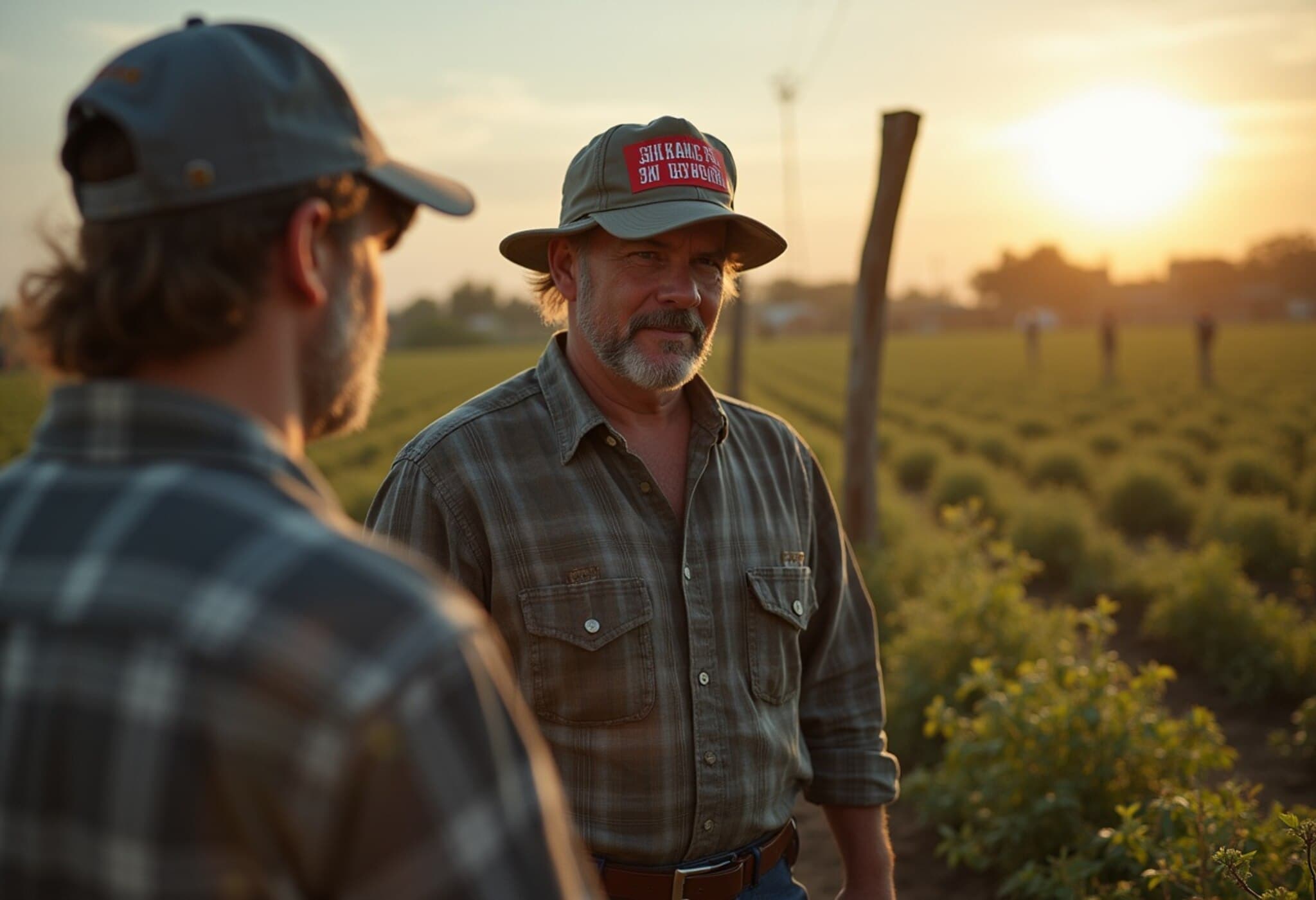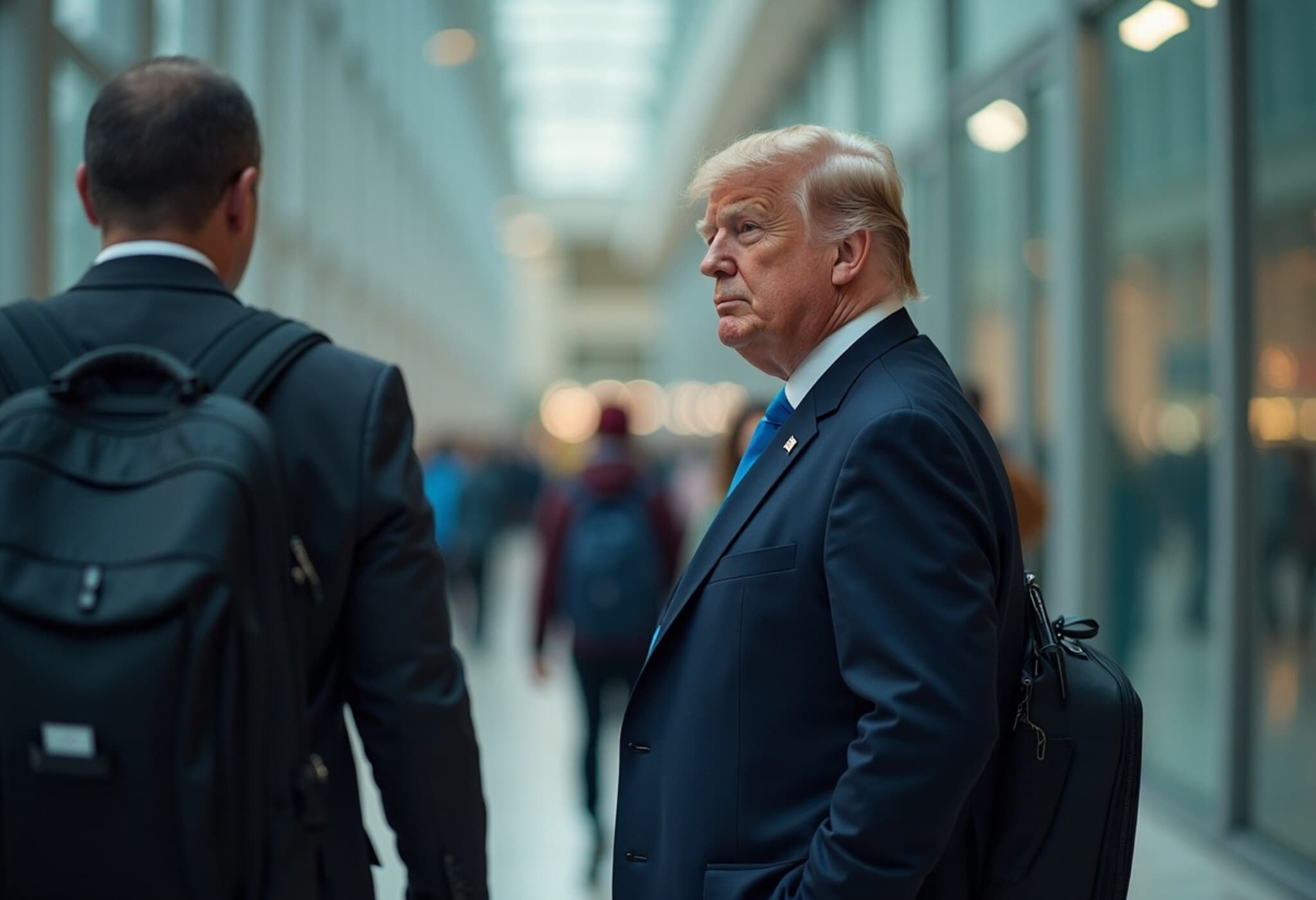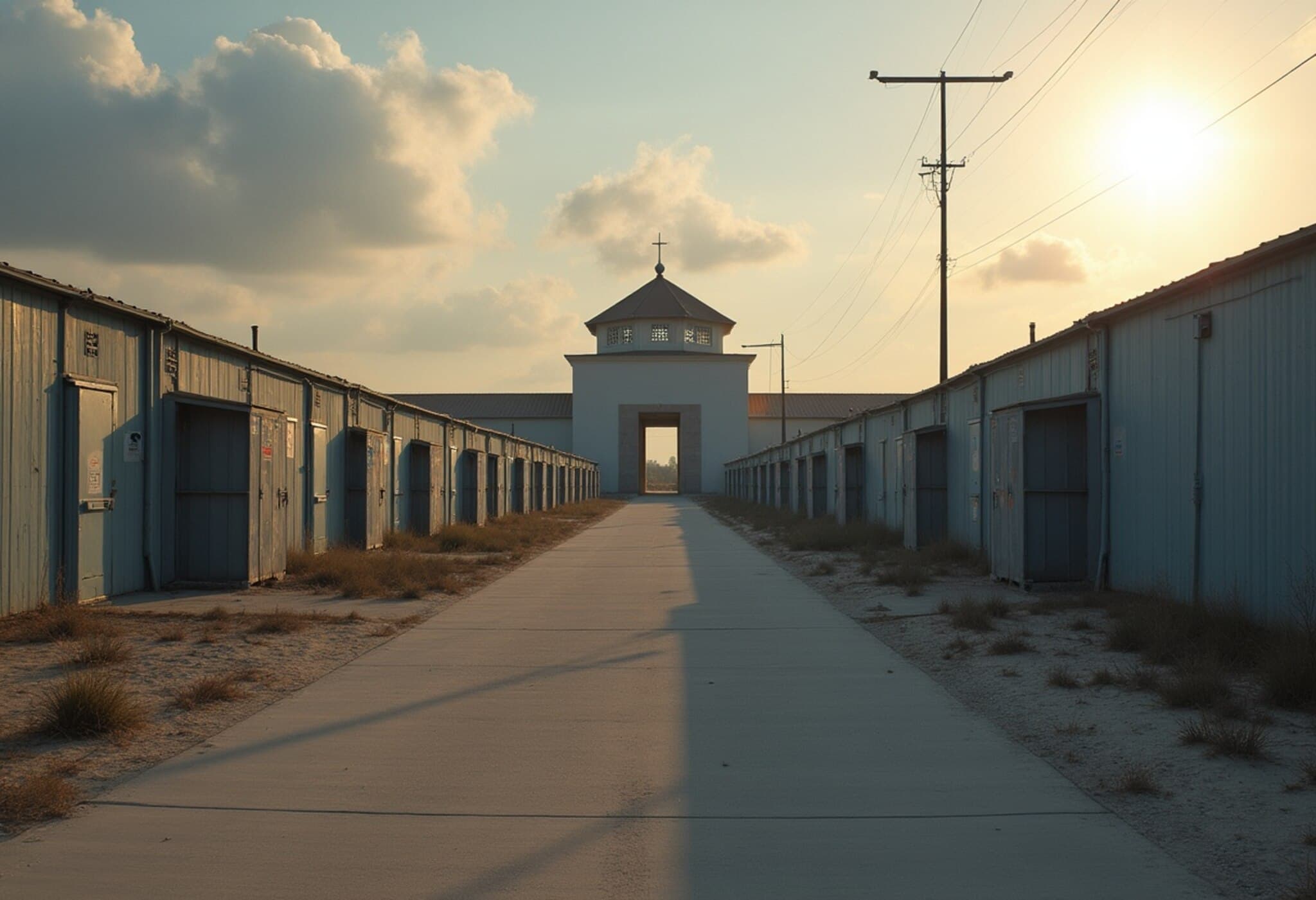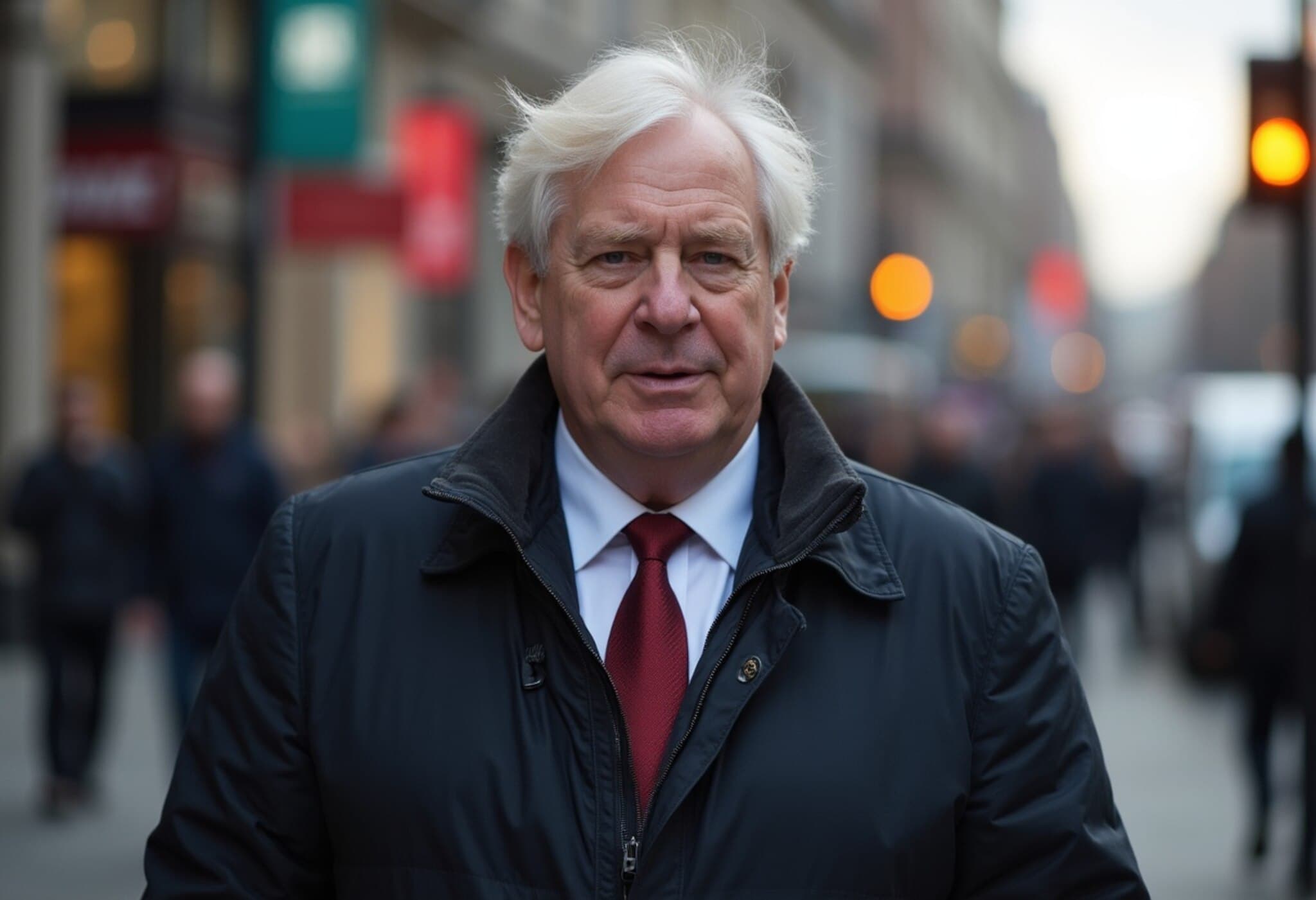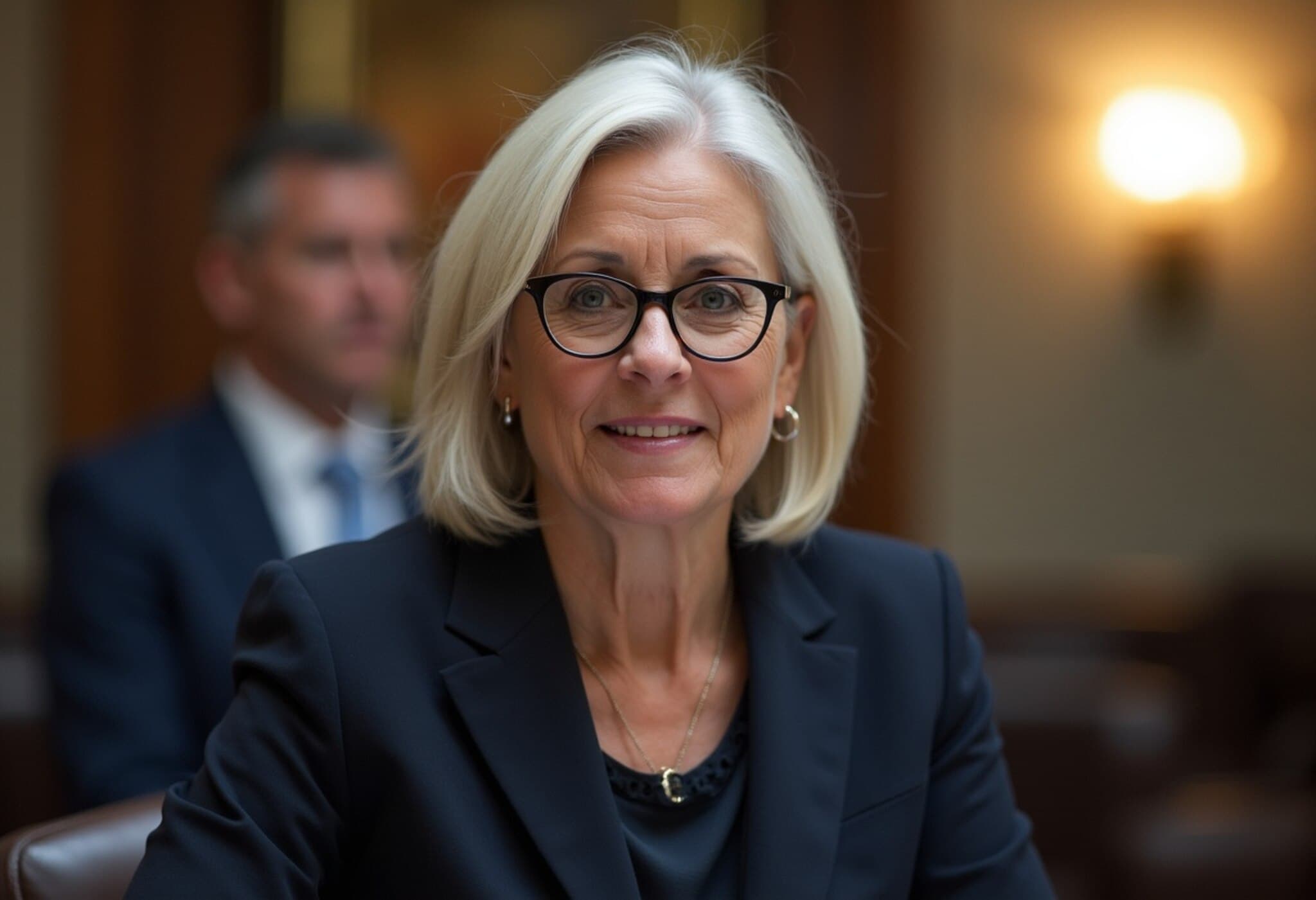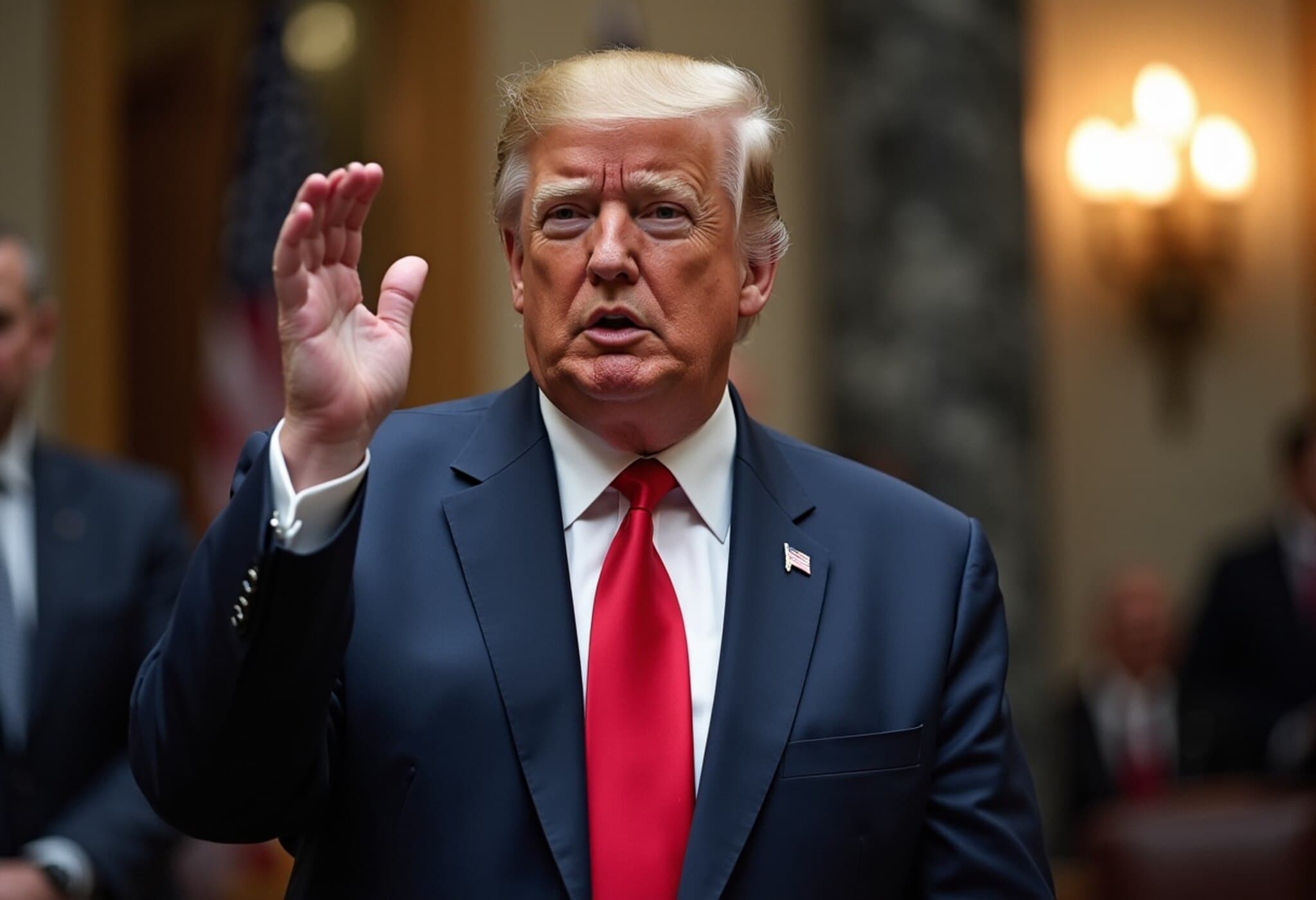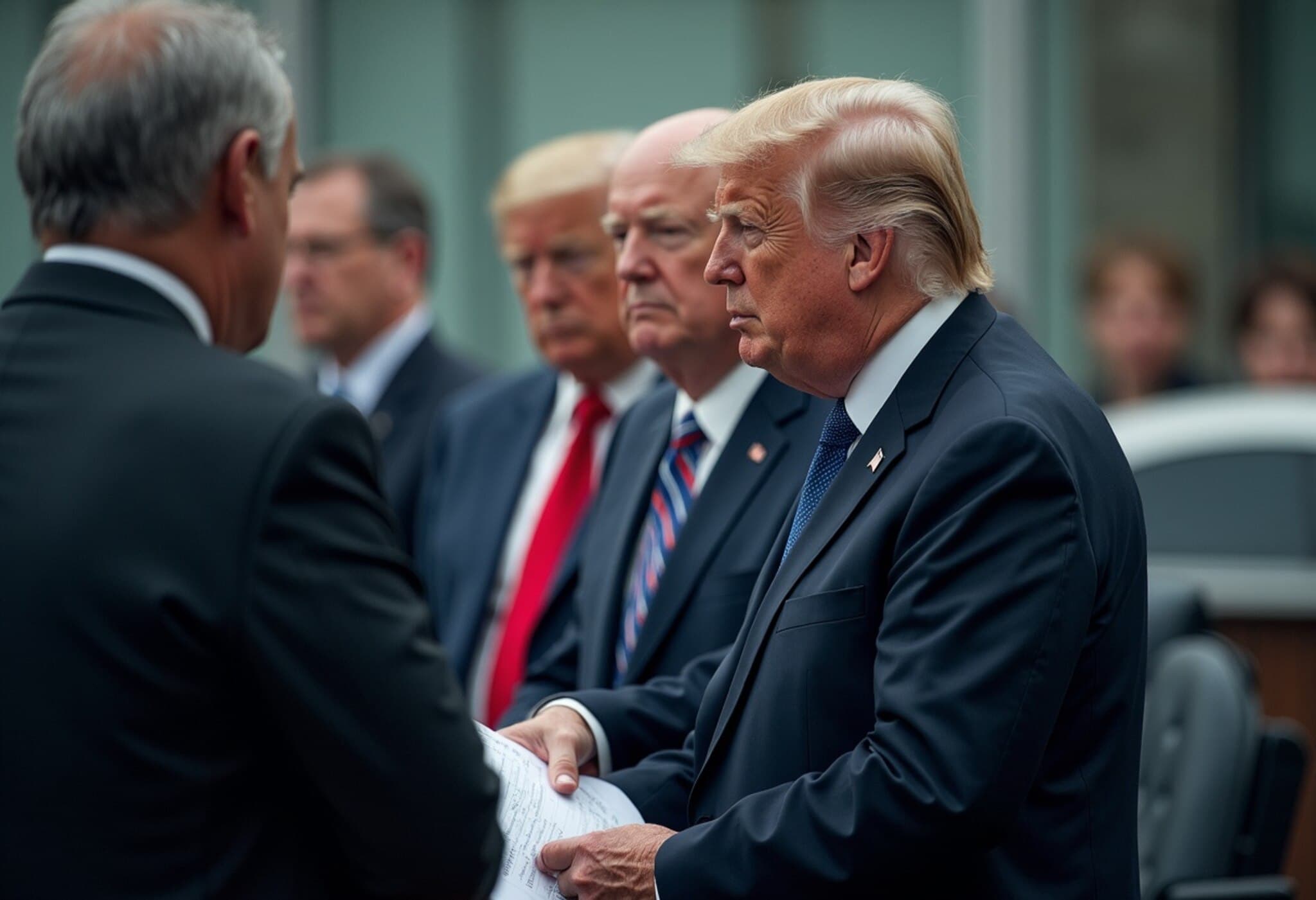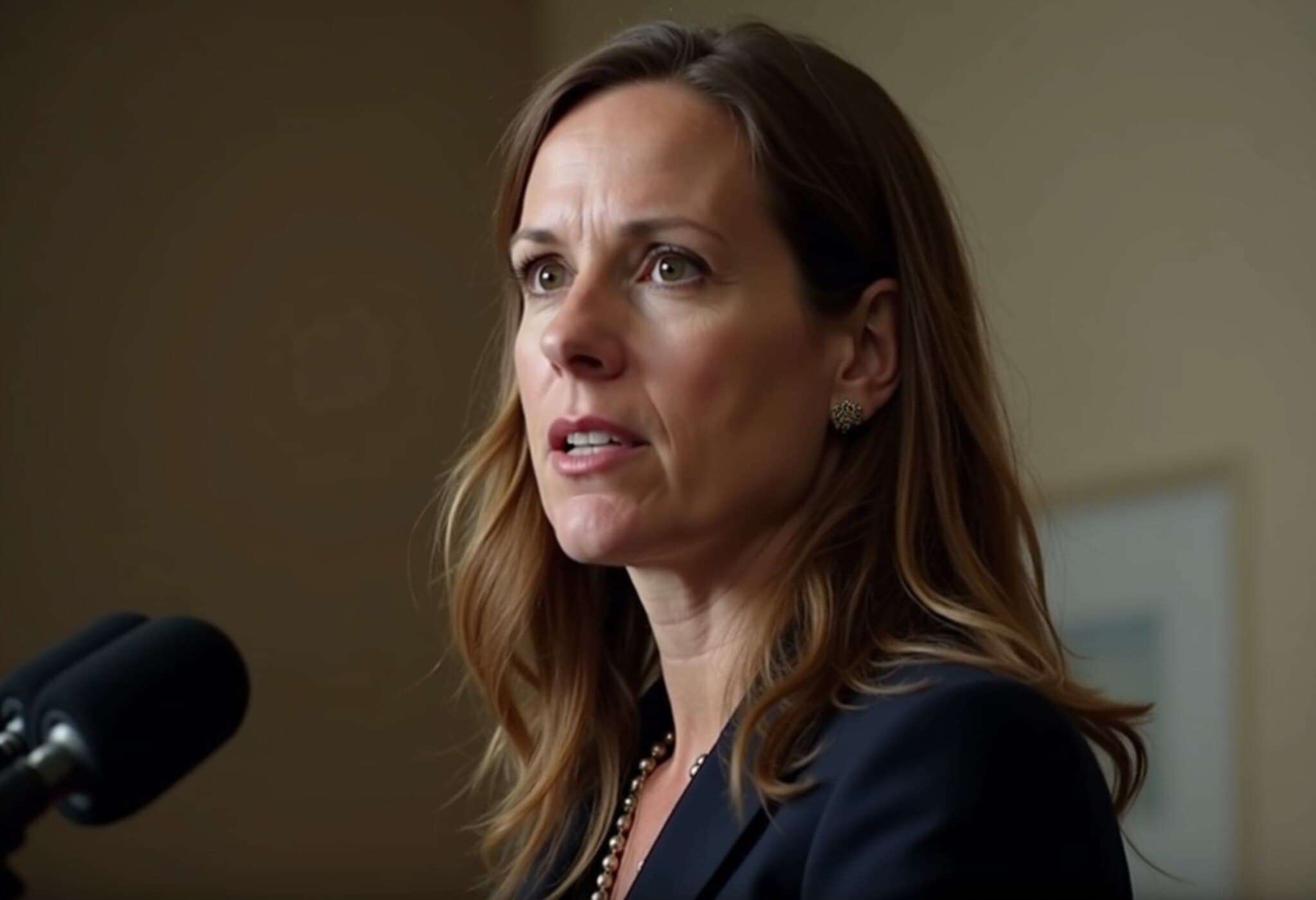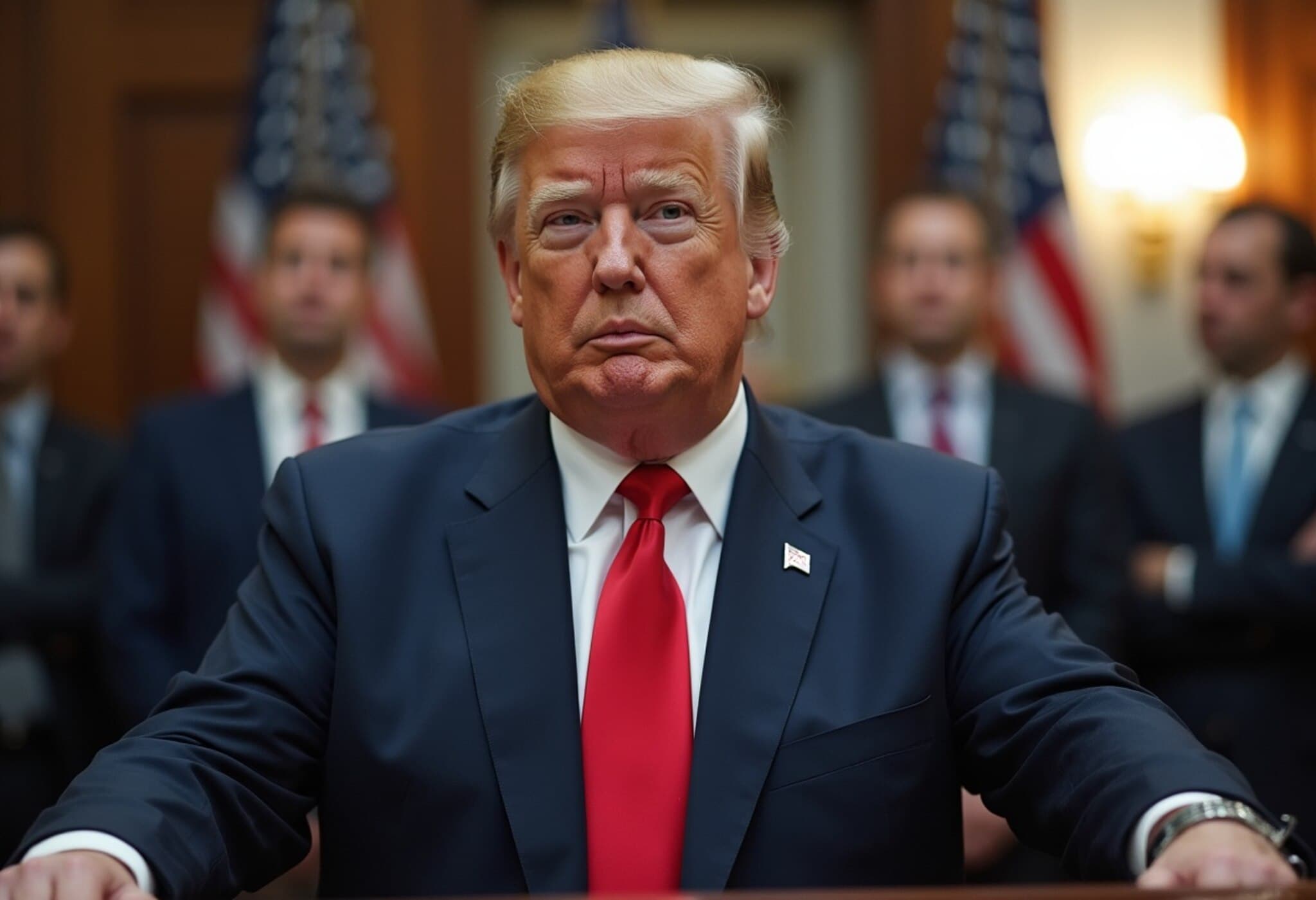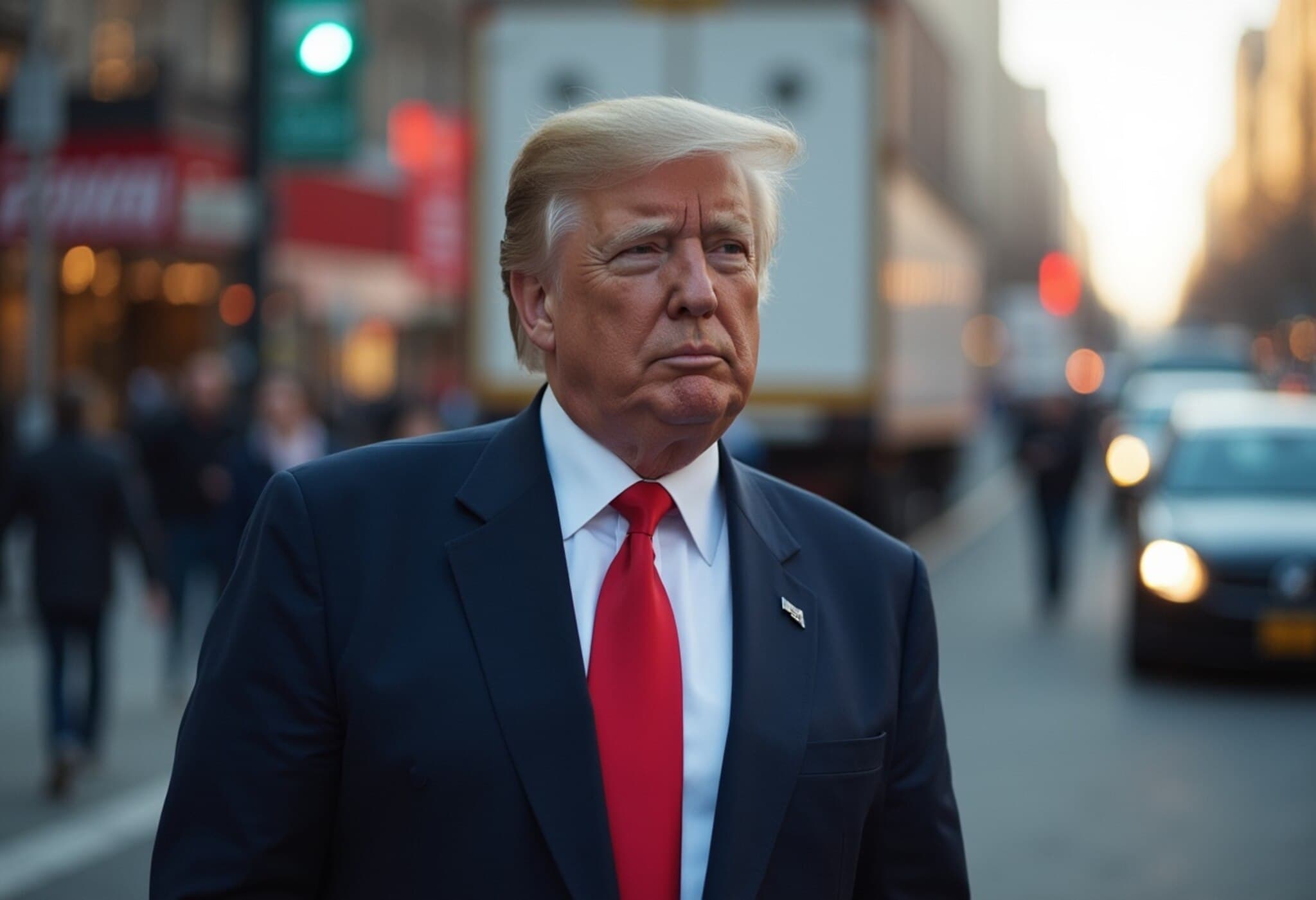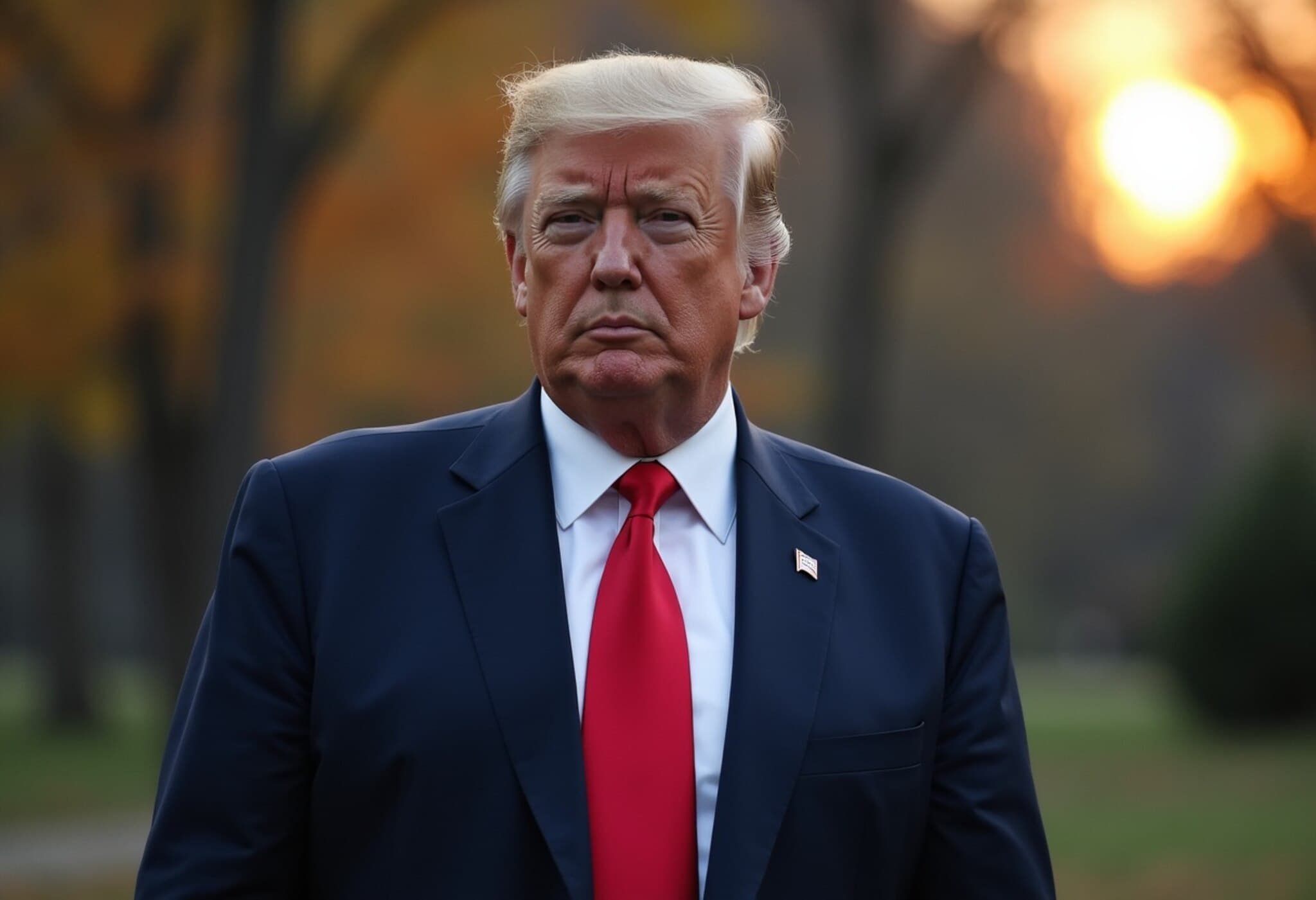Trump Administration Faces MAGA Uproar After Announcing New Policy on Migrant Farm Workers
In a surprising turn of events, the MAGA movement has shifted its fiery criticism from Attorney General Pam Bondi to Agriculture Secretary Brooke Rollins amid President Donald Trump’s decision to exempt illegal migrant workers in the agriculture and hospitality sectors from ongoing mass deportations. This development signals the increasingly complex balancing act between immigration enforcement and economic realities facing the Trump administration.
Agriculture Sector Caught in the Crossfire
President Trump recently declared that undocumented migrants employed in farms and hotels would not be swept up in current immigration crackdowns. His administration is charting a course to preserve these workers’ roles in critical industries, acknowledging that removing them en masse would severely disrupt food production and service sectors.
This stance has sparked fury within Trump’s staunch MAGA base, who view the exemption as a betrayal of the campaign’s hardline promise to expel all illegal immigrants. As far-right activists and loyalists amplify their outrage, the policy places the president at the heart of a divisive debate about America’s immigration future.
Farming Crisis Spurs Policy Shift
Farmers have long warned of a looming labor crisis intensified by aggressive Immigration and Customs Enforcement (ICE) raids, citing workforce shortages and stalled harvests. The Daily Telegraph reports that up to 70 percent of farmworkers in certain regions have ceased showing up to work amid heightened deportation fears. Meat-packing plants and other food production facilities are similarly affected, threatening supply chain stability.
Trump’s Compromise: ‘Farmers in Charge’
During a Fox News interview, Trump candidly described the dilemma of reconciling immigration enforcement with sustaining the agricultural economy. “I’m on both sides of this,” he stated. “I’m the strongest immigration guy you’ve ever seen, but also the strongest farmer guy.”
To navigate this tension, the administration unveiled a new "work program" allowing farmers to vouch for undocumented workers they have employed for years. Under this framework, the immigrants can remain in the U.S. temporarily without receiving amnesty or a pathway to citizenship.
“If a farmer has been with one of these people who works so hard – bending over all day, something few can do – and knows them well, then I think their word should count,” Trump remarked, highlighting the emotional connections formed over years of labor partnership.
Far-Right Figures Accuse Trump of Undermining ‘America First’
MAGA loyalists wasted no time in condemning the policy. Activist Charlie Kirk warned that advisers like Rollins risk fracturing the coalition by steering Trump toward what he calls a de facto amnesty. “If you want to break our coalition, push amnesty,” Kirk stated bluntly.
Similarly, far-right commentator Laura Loomer denounced Rollins for actions she claims dilute Trump’s core “America First” immigration agenda, accusing her of pushing amnesty for illegal farm workers. Social media platforms, especially X (formerly Twitter), have become battlegrounds where supporters voice frustration, labeling the administration’s stand a sharp departure from MAGA principles.
Broader Implications and Ongoing Debate
This controversy underscores the larger, unresolved challenge of balancing America’s immigration policy with economic dependencies on migrant labor. Agriculture remains one of the few sectors where workers willing to perform physically demanding, low-wage jobs are in short supply. The Trump administration’s approach hints at a nuanced, if uneasy, middle ground that may fracture political alliances but aims to prevent deeper economic fallout.
Experts suggest that this policy could set a precedent for future immigration strategies by emphasizing employer accountability while maintaining firm borders, rather than broad deportations. However, questions linger about how this will play in Congress, the courts, and within a deeply polarized electorate.
Editor’s Note
The disagreement between the Trump administration and its MAGA base over migrant farm workers illuminates the intricate interplay of immigration enforcement, economic necessity, and political loyalty. While Trump attempts a pragmatic shift to protect vital industries, he faces a rebellion from within his core supporters. This evolving situation invites reflection on whether ideological purity can coexist with practical governance in immigration policy.
As this story develops, readers should consider: Can the administration nurture a sustainable immigration framework that addresses both enforcement and economic realities? And how might this impact the broader fight over America’s identity and labor force in the years ahead?

